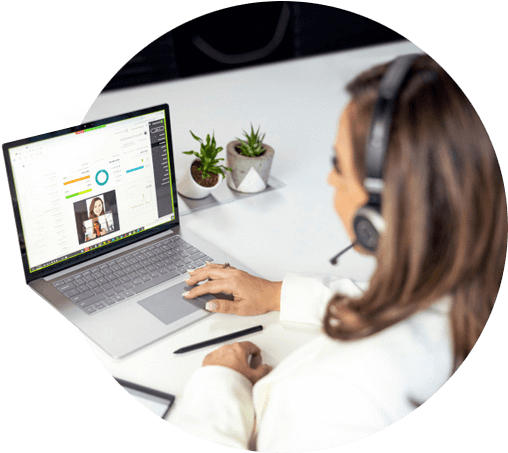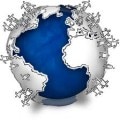Self-employed professionals face unique challenges when tax season comes around. But because they don’t have taxes withheld from their paychecks like traditional workers, they can use deductions to cover their expenses and lower their tax burden. But when it comes to self-employed deductions, the process certainly isn’t one-size-fits-all.
Deductible expenses are those that are seen as “ordinary and necessary” for conducting business. These expenses can range from advertising to utilities and everything in between. Remember, however, that you can only deduct the business use of the expense you’re deducting.
This list is relevant for many self-employed professionals. This may include ridesharing drivers, such as Uber or Lyft drivers, who claim large mileage deductions, or writers who might take the home office deduction as part of a quiet refuge from the corporate scene. These deductions can also apply to designers, housekeepers, photographers, construction workers, consultants or any other professionals who work for themselves.
Some tax deductions may not apply to your profession, but you might be surprised by the number that do. When you’re ready to file, you’ll list the majority of your deductions in Part II of your Schedule C (Form 1040). If you have less than $5,000 in claims, you may be able to use Schedule C-EZ. Whichever you choose, both are due April 15, along with your annual tax return.
(NOTE: If April 15 falls on a weekend or holiday, it is observed the following Monday. In 2016, this means your taxes aren’t due until April 18. In Massachusetts and Maine, the delayed celebration of Patriot’s Day further moves the tax deadline to April 19.)
Here is a list of common expenses that are ordinary and necessary for many self-employed individuals. Note that all of the lines specified are for Schedule C only, with two exceptions noted below.
















